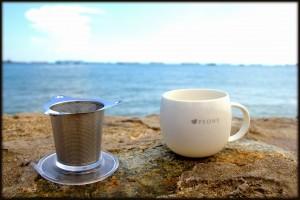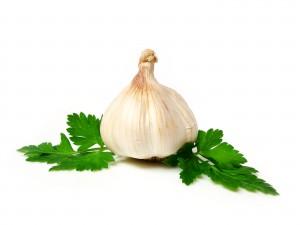Part of the reason tea consumption has been increasing among non-traditional consumers is attributable to the health related properties and benefits of tea. It has been said that tea has been used for medicinal purposes by the Chinese for thousands of years, a statement which is only partially true.
It’s true that Chinese- at least traditionally- are mindful of the health properties of tea. It can be said that Chinese pay attention to the health properties of everything we consume but that is rooted in the concept of 养生 (yang sheng) or literally nurturing or preserving the body.
Rather than asking questions like “What tea should I drink if I want to xxx” we should examine what yang sheng encompasses and why a tea connoisseur should never be made to feel guilty about being concerned about the health properties of tea.
The basic concept of yang sheng
Yang Sheng is founded on the principles established in Huangdi Neijing (《黄帝内经》) a seminal work in Traditional Chinese Medicine. Huangdi Neijing the bible of TCM establishes the fundamental framework that TCM is founded upon including the ‘5 elements’ and harmony and balance.
Though some of the phrases may be archaic, the ethos can be encapsulated in this principle: “Prevention is better than cure”.
The 6 major principles are:
1) Harmony
2) Prevention
3) Temperament
4) Energy
5) Movement
6) Consumption
It is quite impossible to adequately explain the 6 concepts in a succinct manner- at least given my limited knowledge of TCM- but we will focus on 3 that are more pertinent to tea, which is always the focus of this site.
Prevention (防治观)
The thinking behind TCM is one of wellness, a preventive mentality to remedies. (Although if we want to get into semantics that statement is a contradiction since remedy would imply a fault in the first place)
In other words, it’s not a case of having the flu and reaching for a particular type of tea to cure it. Rather it means strengthening the constitution that a particular lack of balance is corrected on a longer term basis.
For example for those with a ‘heaty’ constitution, regular consumption of green tea would be recommended to dispel the ‘heatiness’ which is often viewed as the root of a myriad of diseases.
Now this concept is very different from guzzling green tea the moment you have a fever for example.
Temperament (情志观)

It talks about the impact of a cheerful spirit on the overall health of the individual, echoing the oft repeated adage that laughter is the best medicine.
Consumption (食疗观)
One of the core beliefs of TCM is that “药食同源” or “food and medicine originate from the same source”. TCM practitioners believe that the separation of food and medicine is not absolute and all herbs, shrubs or animal meat can serve medicinal as well as sustenance purposes.
This is evident in the liberal use of herbs in the concoction of soups- especially in Cantonese cuisine- for example. Or how Goji berry have medicinal properties but is a common ingredient in Chinese cuisine.
Yang Sheng and Tea

TCM health related recommendation has always been about long term reinforcement rather than quick- fixes to existing ailments. Bearing in mind the TCM belief of maintaining a joyous temperament, it would not be plausible to recommend a daily, long term prevention based solution that taste horrid to the drinker.
For example if my constitution is “damp” and the recommendation is a “warming” tea, I would pick a Jiuqu Hongmei or a Qimen Black as opposed to an Assam (notwithstanding my quasi-resolution to try more Assams this year) because the harshness would cause me to abandon this ‘remedy’ after two days. At some point, hedonistic, reckless self-indulgence might seem more appealing.
For the same reason most fitness gurus recommend a physical activity that you truly enjoy as a cardio workout rather than what is considered the ‘best’, whether it is ballroom dancing, hiking, rollerblading or a ball game that you enjoy. 100 calories a day consumed daily over a decade is preferable to a sporadic 500 calories an hour consumption.
Hence when we look at the concept at yang sheng, it must be noted that at no point are we suggesting that you ‘endure’ a tea you dislike just to reap the health benefits. There are gastronomic and health benefits to be derived from every cup of tea, even more so for good tea. There is absolutely no reason to drink a crummy tea and tell yourself it’s healthy but at the same time when you drink tea, it doesn’t mean you disdain all health concerns altogether.
